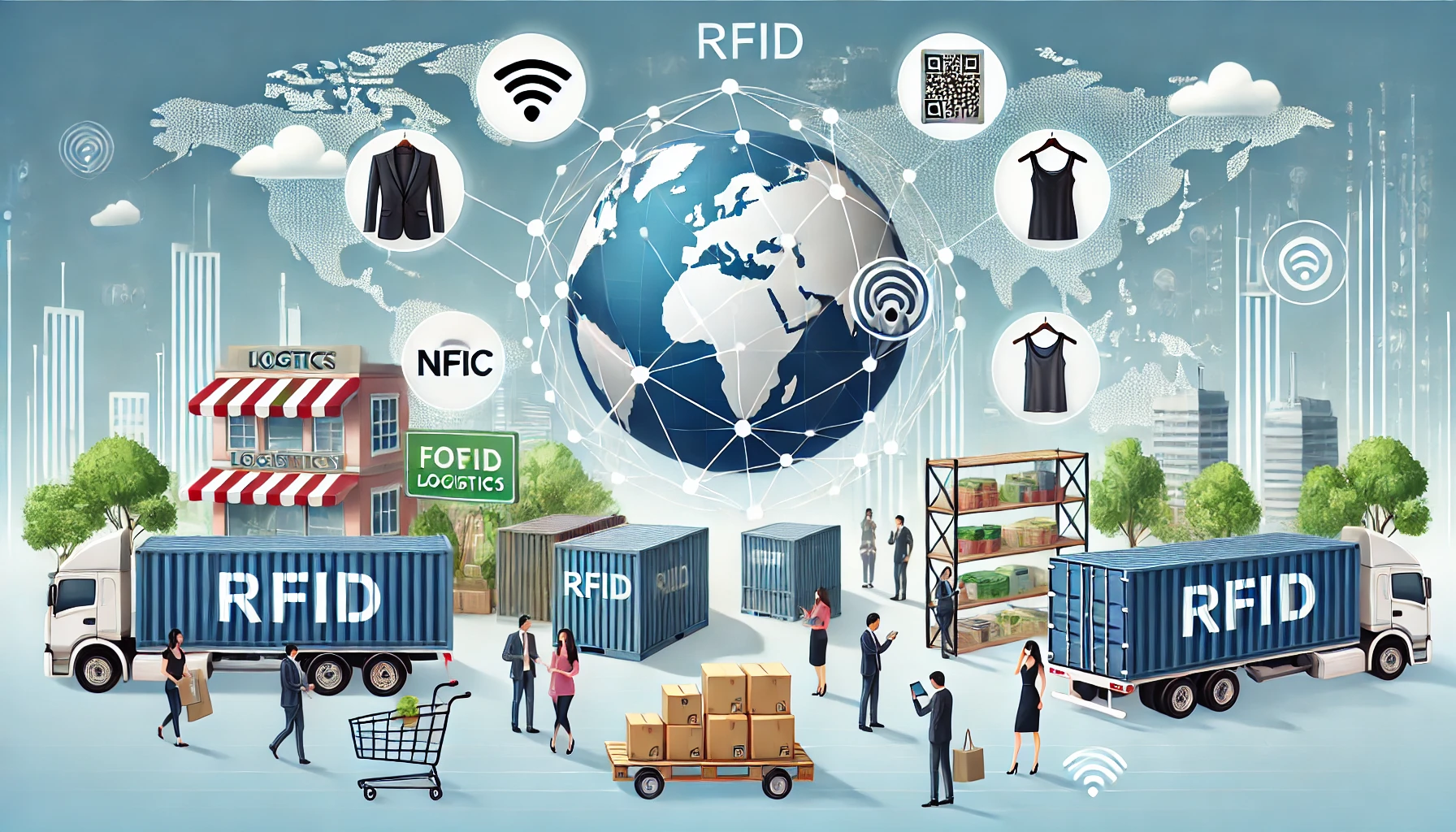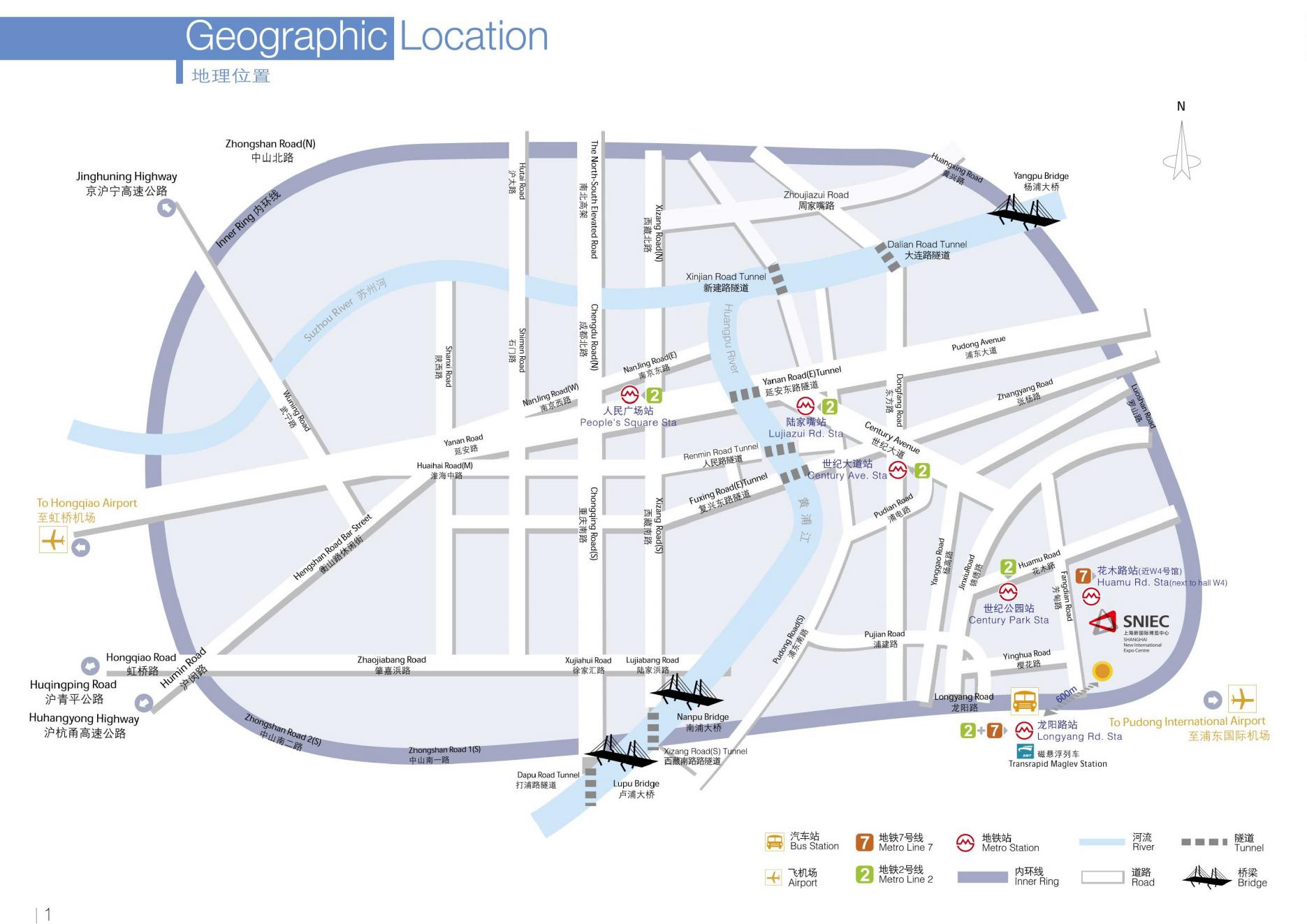
In the digital age, the rapid development of technology has brought unprecedented changes to all walks of life around the world. Among them, RFID (radio frequency identification) technology, as an innovative solution, is gradually becoming a bridge connecting the digital world and the real world, providing new ideas and possibilities for solving key challenges such as global food waste, improving supply chain efficiency, and promoting sustainable development. Recently, a report jointly released by Avery Dennison and Forbes Insights deeply explored how RFID technology can play an important role in global sustainable development goals.
The amount of food wasted worldwide is as high as 1.05 billion metric tons each year, which is a shocking figure. At the same time, this food waste also accounts for 8% to 10% of global greenhouse gas emissions, which has caused a huge burden on the environment. Avery Dennison's cooperation project with British food service distributors such as Reynolds demonstrates the potential of RFID technology in reducing food waste. By embedding RFID tags in reusable containers, visibility in logistics is improved, helping restaurants better manage inventory and reduce over-ordering, thereby effectively reducing food waste.
In addition to reducing food waste, RFID technology also plays a key role in improving supply chain efficiency. The report points out that by embedding RFID tags in products, the unique ID on each tag can be linked to product information, which can be automatically updated, tracked and digitally interacted. This not only greatly improves the transparency and traceability of the logistics process, but also reduces sorting and delivery errors, optimizes routes and improves overall efficiency. For example, a logistics giant has significantly optimized its supply chain management and achieved more efficient operations by using RFID tags.
In an increasingly digital world, the need to establish a deeper connection with consumers is becoming increasingly urgent. Avery Dennison has found that the deployment of hybrid technologies such as RFID and NFC or QR codes can greatly enhance consumer engagement. The advantages of RFID in inventory and supply chain management combined with the consumer-oriented interactive capabilities of NFC and QR codes have built a bridge between the company's back-end operations and front-end consumer engagement. By scanning QR codes or NFC tags, consumers can obtain personalized experiences and information related to the product. This interaction not only enhances the consumer's shopping experience, but also brings more market opportunities to brands.
In addition to solving food waste and improving supply chain efficiency, RFID technology also shows great potential in promoting sustainability and circular economy. Avery Dennison's collaboration with clothing brands such as the Swiss sustainable performance clothing brand demonstrates the application of RFID technology in the circular economy of clothing. By creating a digital identity for each garment, consumers can scan the tag to obtain data about each garment, which greatly increases the number of garments that can be recycled or resold and reduces waste in the fashion industry.
In the future, as RFID technology continues to become more popular and sophisticated, its application in supply chains and retail models will be more extensive and in-depth. This will not only help increase transparency to support circular economy initiatives, but also create a richer and more diverse consumer experience. Julie Vargas, vice president and general manager of identification solutions at Avery Dennison, said: "We are at a critical moment, and digital transformation, the need for sustainable development and the complexity of the supply chain are reshaping the industry across the board. We have a responsibility to help solve some of the world's most complex challenges, but we can't do these tasks alone. We hope that this report will inspire collective action to jointly address these challenges."
This paper is from Ulink Media, Shenzhen, China, the organizer of IOTE EXPO (IoT Expo in China)

















